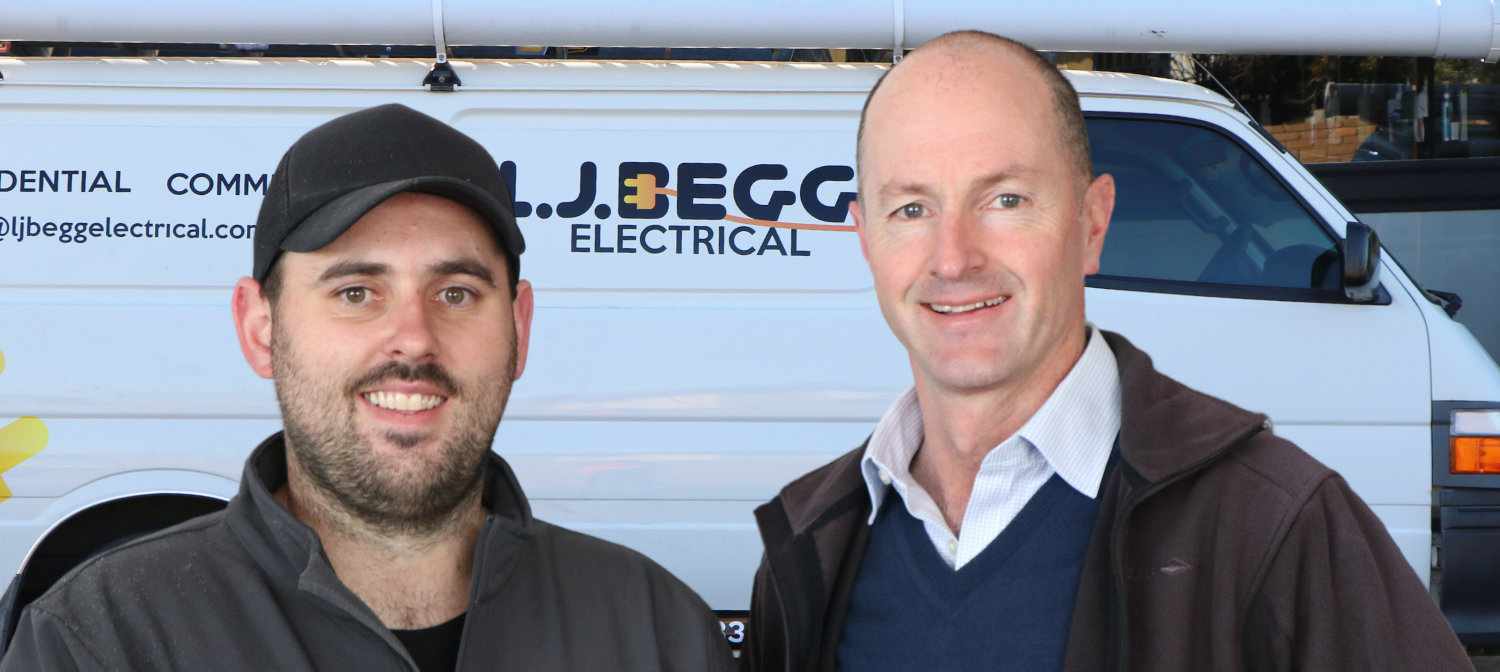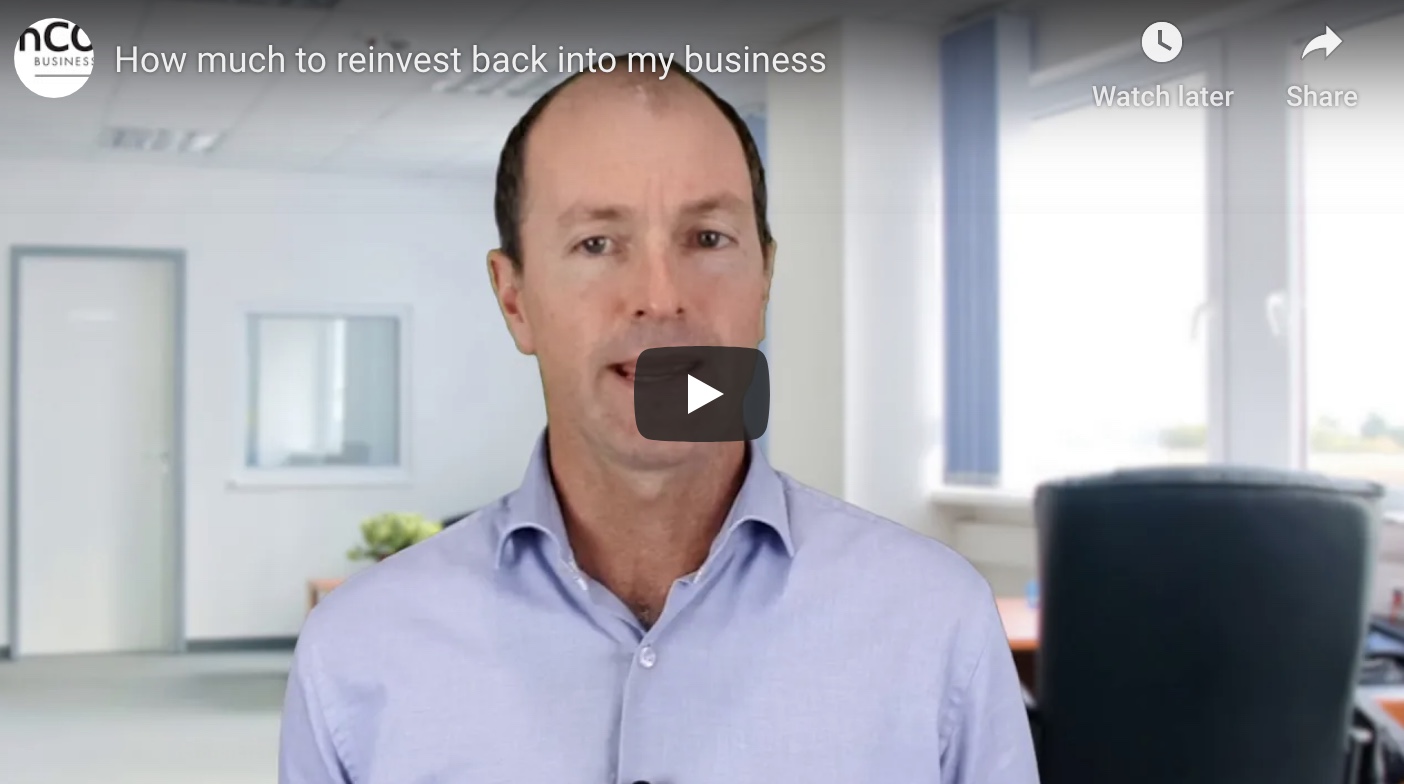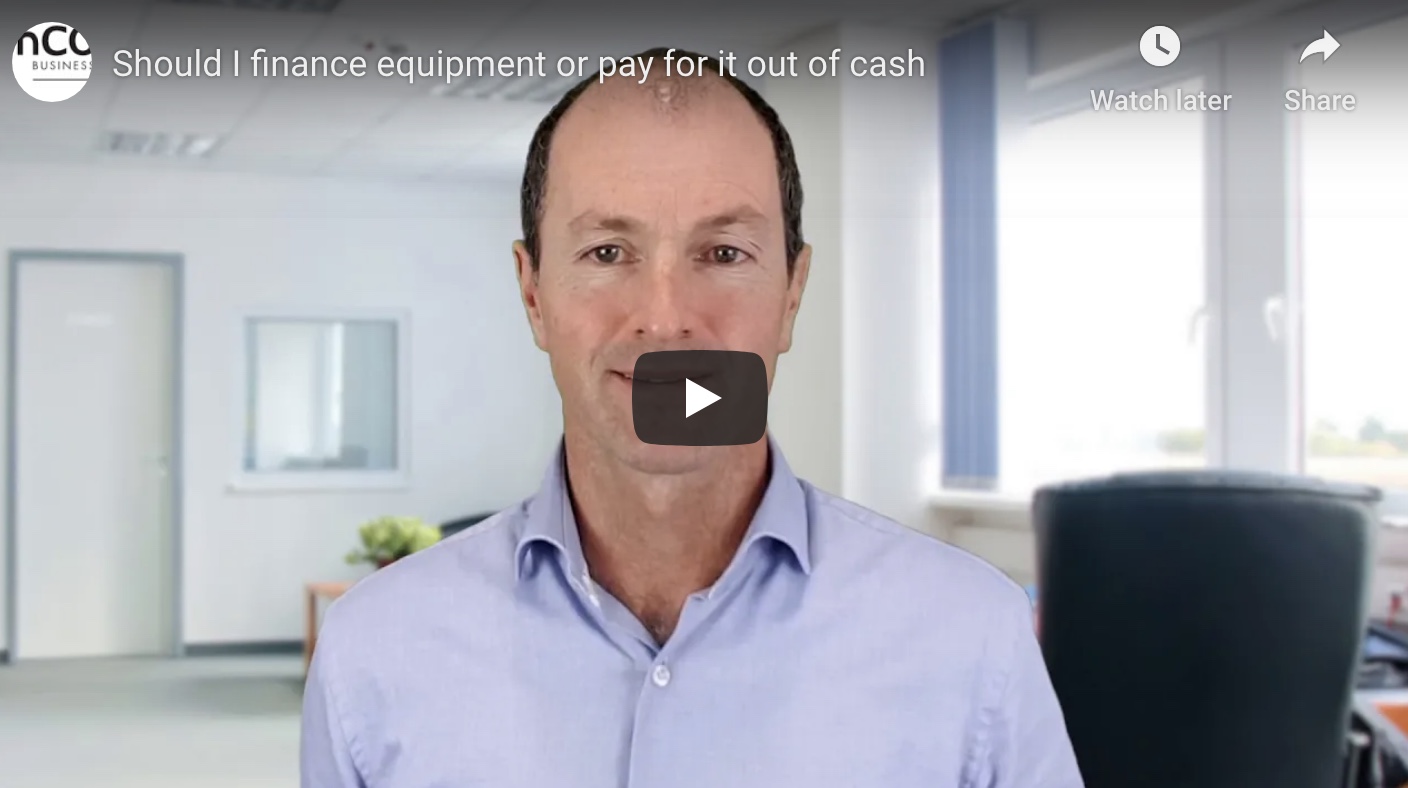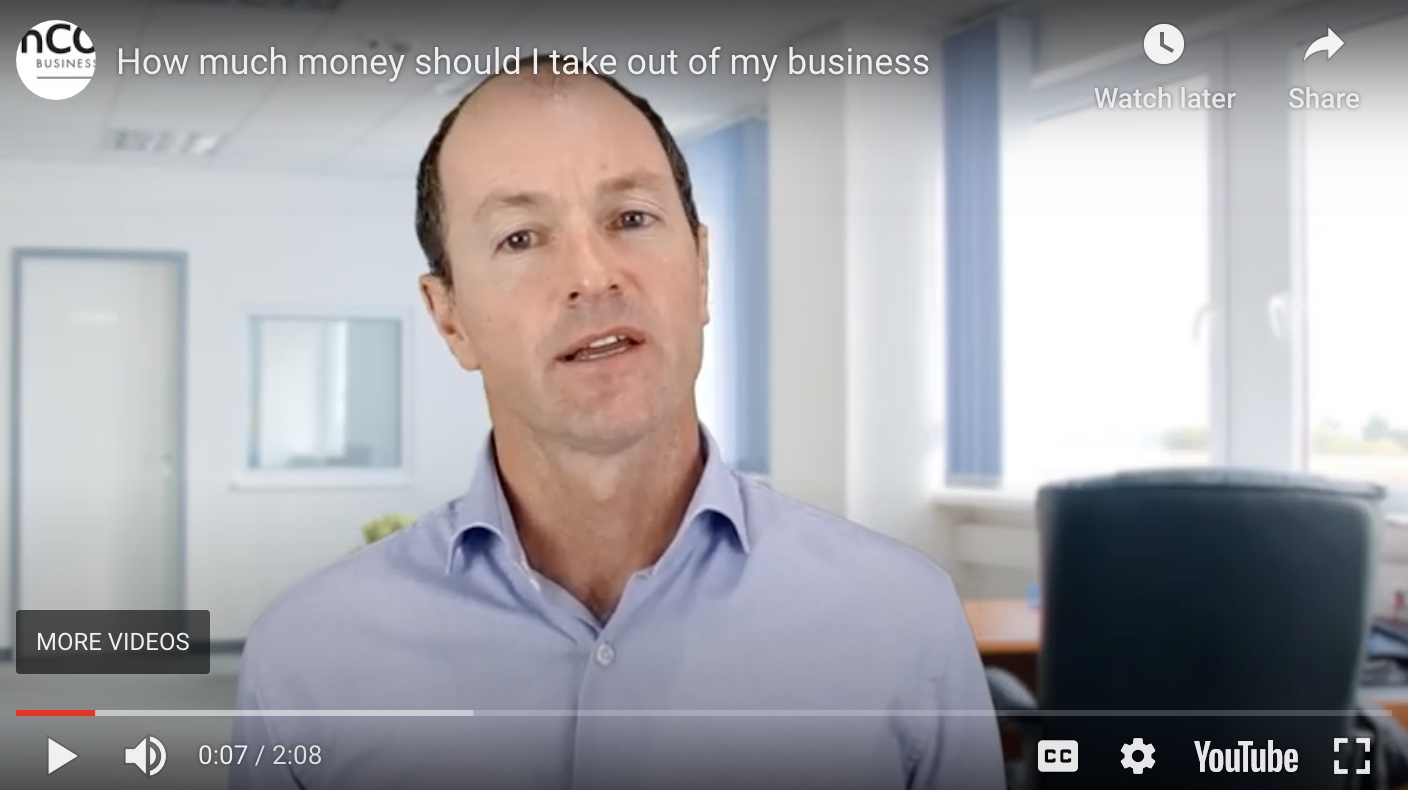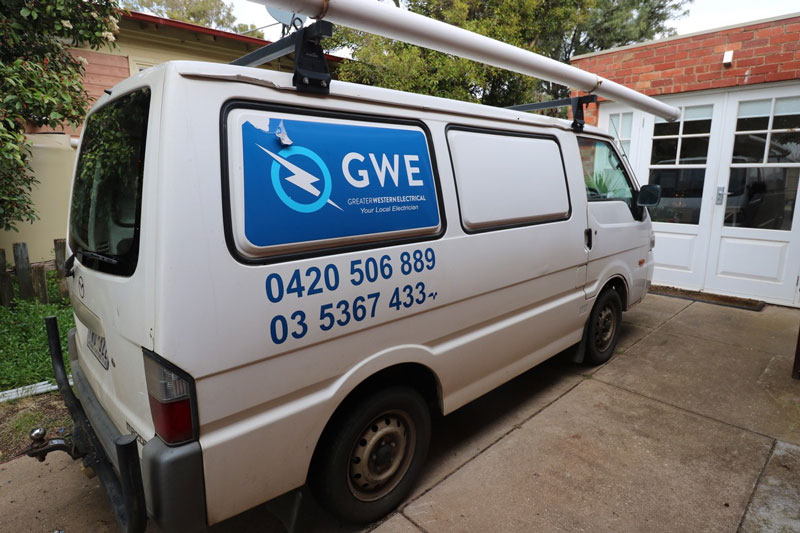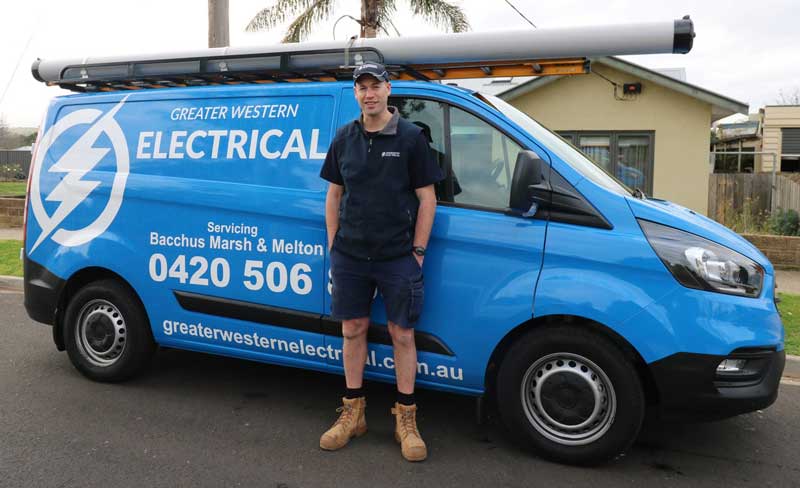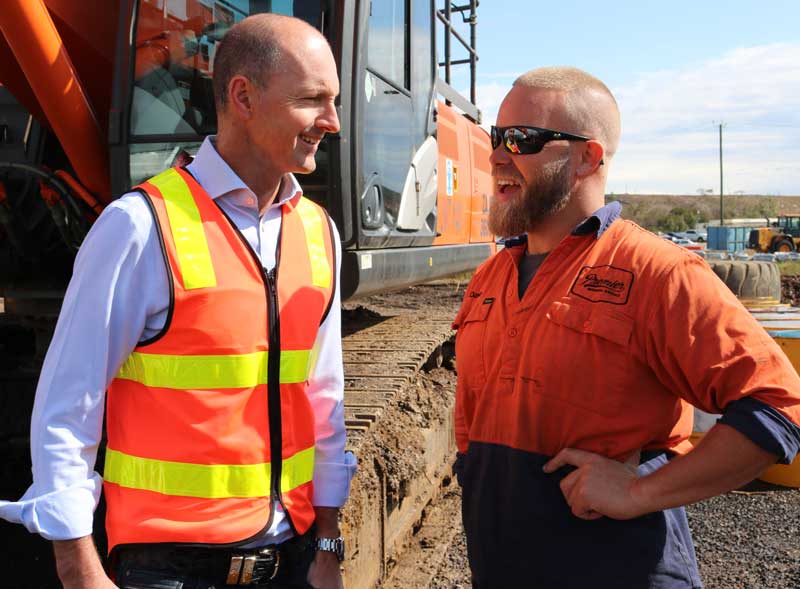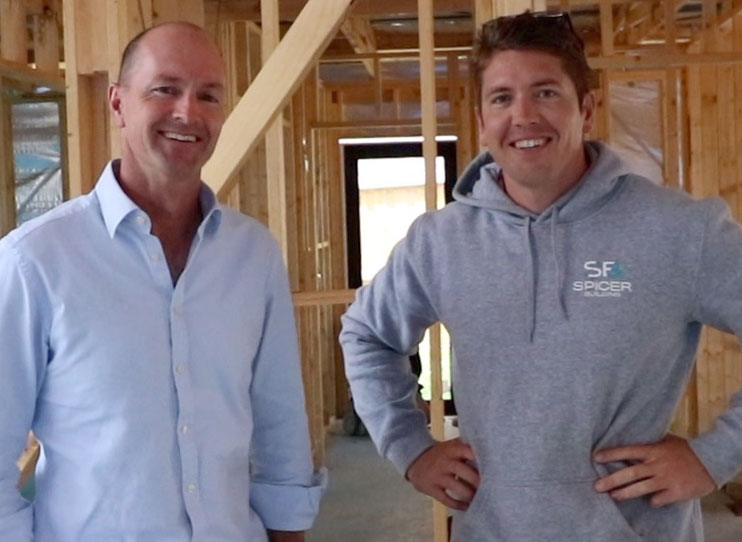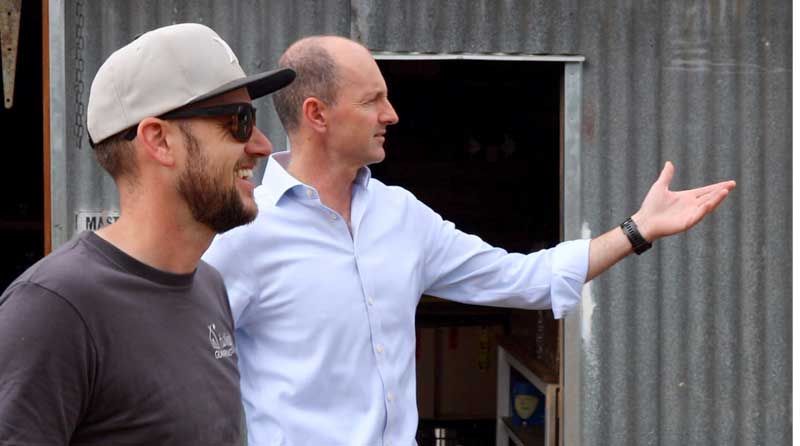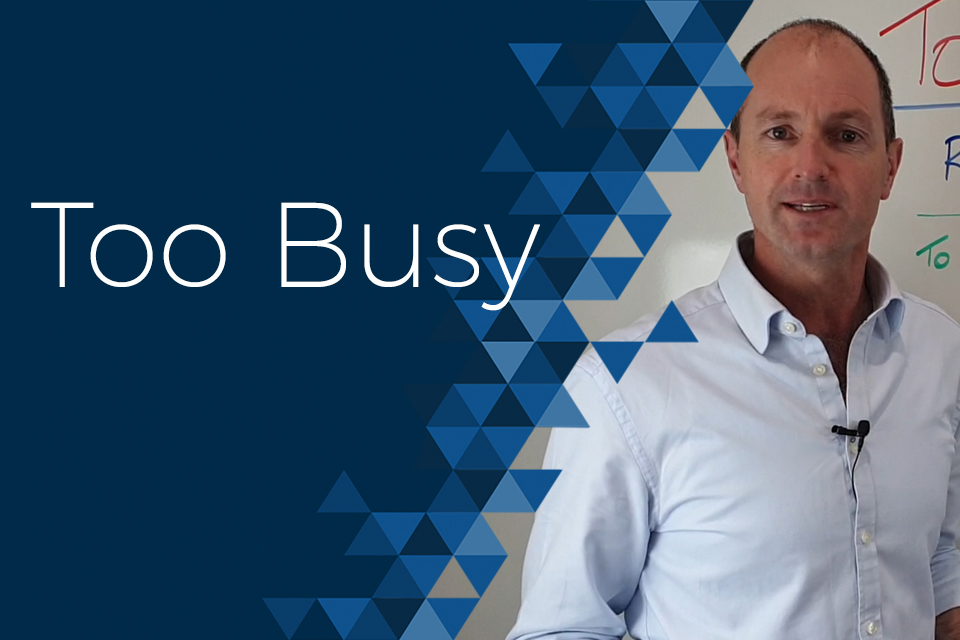L.J.Begg Electrical
I’m Liam Begg the owner, operator of LJ Begg Electrical. I got introduced to Hugh through another company he was looking after. They knew I was having troubles with my business structure. I didn’t have much clarity of where I was going with the business.
The business before hand I was extremely busy, I didn’t have any workers . I was working for myself, working like a dog and not having any rewards.
I was living week to week, and I just had no clarity around the structure as I wasn’t really business minded, I was very “on the tools” minded. Hugh’s helped me get that clarity in, and get my head around actual business and structure and my pricing, and it’s made me be able to put on a couple of blokes and still have that workload coming through.
I had nothing in place when it came to recruitment or having a work vehicle or marketing, anything like that. And Hugh just set out a really planned structure on what we were going to do, when it was going to happen, and how we were going to, I suppose, approach it.
We were ticking off boxes each week. We were getting into things like pricing and recruitment, marketing. And each couple of weeks, each month who were ticking off each item because we got it done. And it was really good, you can sleep a bit better at night knowing those things are past you and they’re sorted.
So prior to being with Hugh, I suppose I was always stressed out. You stop doing stuff for yourself and you focus on the business, and your healthcare starts going out the window and you start not spending as much time with the family, and Hugh’s actually freed up a lot of time. He’s taken that stress away for me.
And being able to spend a lot more time with the family is the main thing, but also starting to look after my health a lot more. I’ve got time put aside for me, knowing that I’ve got workers there that can now do the work, which I didn’t have before, is a really good feeling.
If I had a mate that had a business coach and he was a tradie; a lot of my friends are tradies; I’d definitely recommend Hugh, especially if they’d just got that doubt in the back of their head in terms of where they’re going next, what their future options are, if they’ve got no goals in place and they feel like they’re just working day to day.
Hugh’s really good because he gives you that clarity, and he sort of, I suppose, future-proofs your business in a way, because he sets out a lot of things and puts them in place not just for now, but for the future.

